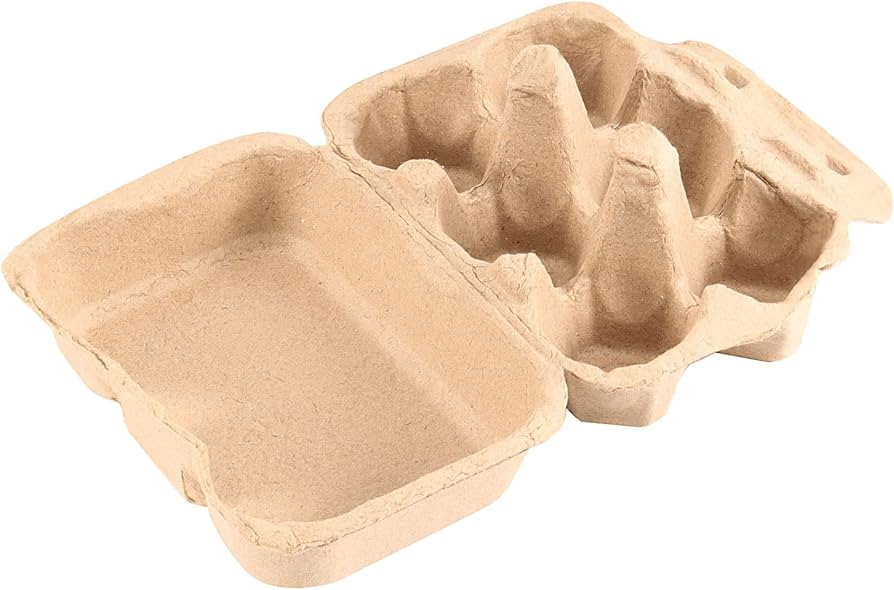Molded fiber is the most common material for egg cartons due to its sustainability, low cost, and good cushioning properties.
According to the new US Egg Packaging, demand for egg cartons is projected to increase 2.0% annually to $922 million in 2028, with units advancing less than 1% per year to 4.3 billion. Molded fiber and rigid plastic cartons will both register good growth going forward, while demand for EPS foam cartons is forecast to decline due to sustainability concerns and growing restrictions on EPS foam packaging.
Molded fiber is the most common material for egg cartons due to its sustainability, low cost, and good cushioning properties. After losing market share to both foam and rigid plastic in the past, molded fiber is now regaining share from its plastic competitors. More end users are shifting away from foam to molded fiber due to sustainability concerns and growing government regulations on foam use. Molded fiber is also competing more heavily in premium markets with rigid plastic due to improvements in molded fiber carton aesthetics and performance.
Rigid plastic accounts for the smallest share of the materials types used in egg cartons in unit terms, but has seen above average growth, aided by its premium aesthetic and capacity to be easily recycled. Furthermore, due to its transparent nature, consumers are able to easily inspect eggs for cracks without having to open the packaging. Rigid plastic sees significant use with organic and cage-free eggs, with demand driven primarily by rising sales of premium eggs.




